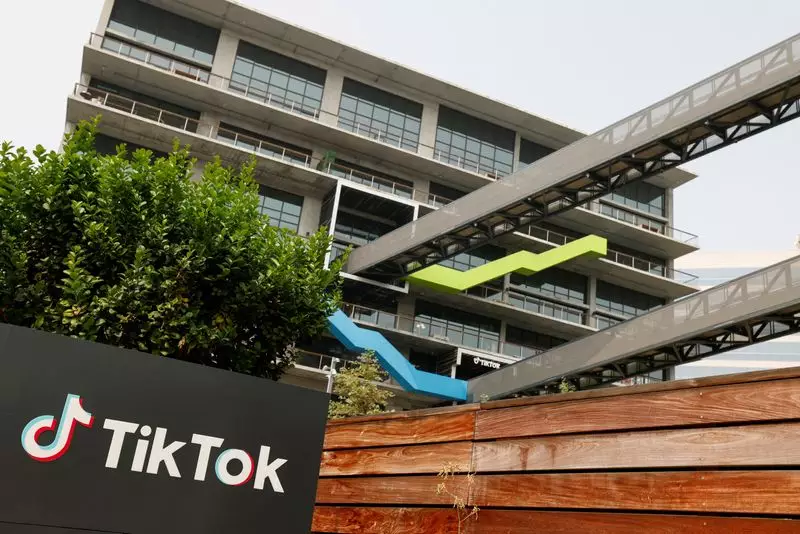In a surprising turn of events, President-elect Donald Trump expressed a somewhat supportive attitude towards the continued operation of TikTok in the United States. Speaking to a crowd of his conservative base in Phoenix, Arizona, Trump highlighted the significant engagement his campaign achieved on the app, claiming billions of views. This statement marks a departure from the more aggressive stance that had been anticipated amid rising national security concerns surrounding the platform and its Chinese parent company, ByteDance.
During his speech at AmericaFest, Trump shared that TikTok had played a crucial role in amplifying his campaign’s outreach, stating, “Maybe we gotta keep this sucker around for a little while.” This comment not only underscores the platform’s potential as a political tool but also reflects a personal affinity that may influence his administration’s decisions regarding TikTok’s future in the U.S.
The backdrop to Trump’s remarks is a complex web of legal and political challenges facing TikTok. The U.S. Senate decisively passed a bill requiring the divestment of TikTok from ByteDance, citing significant national security risks. The Justice Department has maintained that Chinese oversight of the app presents ongoing dangers, a sentiment echoed by many lawmakers.
While TikTok has contested these claims, emphasizing that user data is stored within the U.S. on secure servers operated by Oracle, the threat of a complete ban looms large if the legal matters remain unresolved. The Supreme Court’s willingness to review TikTok’s case following the Senate’s legislation adds another layer of uncertainty leading up to the transition of presidential power.
Uncertainties and Implications for TikTok’s Operations
The possibility of an effective ban on TikTok by January 19—a day prior to Trump’s inauguration—poses significant logistical and political questions. How would President Trump negotiate the reversal of a Senate mandate that secured widespread bipartisan support? The legal and ethical implications of such actions could spark intense debates about executive power and corporate governance, particularly concerning foreign-owned platforms.
In his interactions with TikTok’s CEO, Trump has shown a willingness to navigate these complex waters. His statements reveal an inclination to prioritize the app’s role in his campaign success while balancing the pressing concerns voiced by national security officials and lawmakers. This dichotomy may jeopardize the administration’s ability to enact coherent policy concerning technology and foreign relations.
As the situation unfolds, it remains unclear how TikTok will adapt to these developments under a Trump administration. While Trump’s allegiance to the platform could provide it with a lifeline, the pressure from national security advocates and legal frameworks could still lead to stringent regulations or outright bans.
Ultimately, the trajectory of TikTok in the United States may well serve as a litmus test for Trump’s broader approach to governance—an intersection of political expediency and national security that could define his presidency in an age dominated by social media influence and digital communication. The stakes are undeniably high, not just for TikTok but for the broader implications such policies could have on tech and international relations moving forward.

